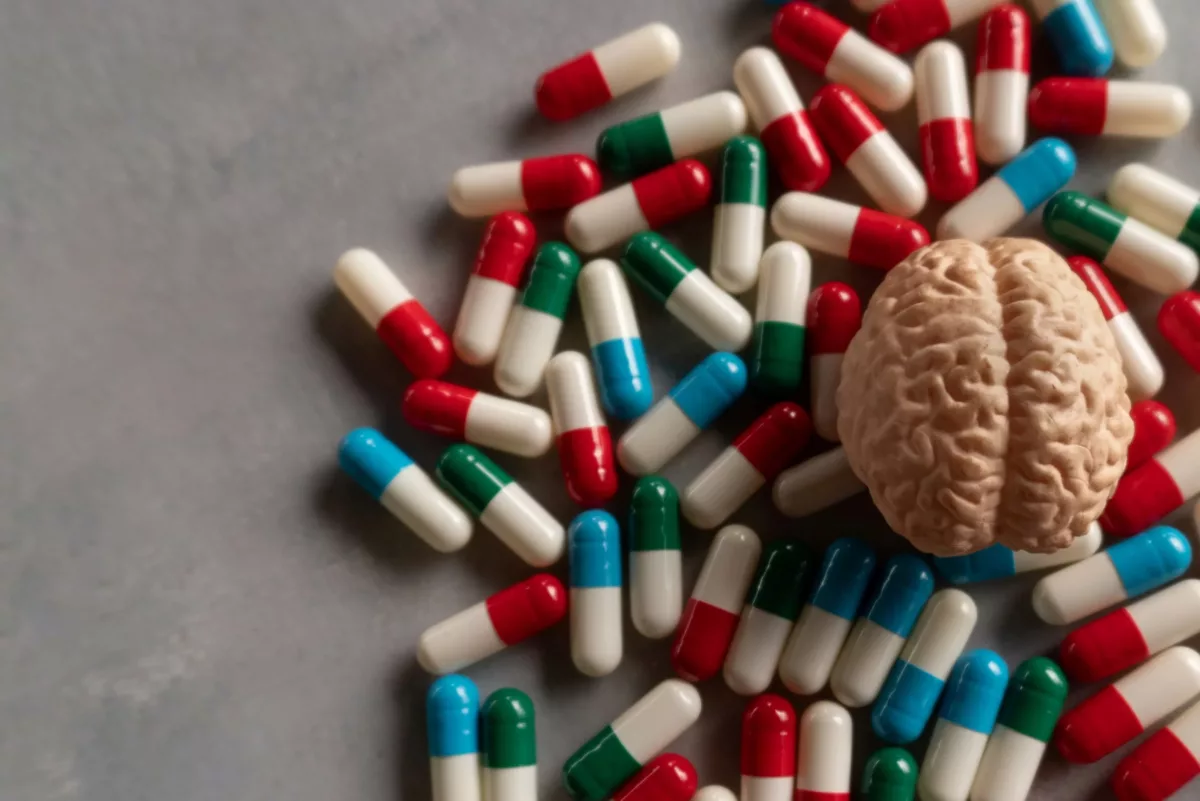A medical term that describes cancer survivors who experience memory and thinking problems is called the chemo brain. These consequences usually occur during or after cancer treatment. Sometimes, this medical term also is called chemo fog, cancer-related cognitive impairment, or cognitive dysfunction.
While chemo brain is a widely used term, the causes of memory and concentration problems are not well understood by experts. They think previous symptoms happen due to multiple cases. However, this adverse reaction may be frustrating and debilitating no matter what causes it. Nowadays, researchers continue studies to understand memory changes in people with cancer.
Symptoms
People with chemo brain usually experience the following symptoms. For example:
- Difficulty speaking, concentrating, learning new skills, multitasking, and others
- Confusion
- Being disorganized
- Mental fogginess
- Short attention span
- Temporary memory problems
- Need more time to complete routine tasks
- Problems with verbal memory (such as remembering a conversation) and visual memory (including recalling an image or a list of words)
If you experience problems with memory or thinking, it is advised to see a doctor right away.
Causes
However, there are multiple factors that may contribute to memory problems in cancer survivors. Check below some factors that contribute to chemo brain:
Cancer
- Once a person is diagnosed with cancer, it may cause distress that usually leads to depression and anxiety. These mental disorders contribute to memory and thinking problems.
- There are some cancer types that can make some substances that negatively affect memory.
- Thinking and memory problems can occur if the cancer starts in the brain or spreads to the brain from other body parts.
Cancer Treatments
- Bone marrow transplant
- Chemotherapy
- Hormone therapy
- Radiation therapy
- Immunotherapy
- Surgery
- Targeted drug therapy
Complications of Cancer Treatment
- Fatigue (extreme tiredness)
- Anemia (reduced red blood cell count)
- Infections
- Menopause or hormonal changes
- Sleeping disturbances (insomnia)
- Pain caused by cancer treatments
Other Causes
- Inherited susceptibility to chemo brain
- Some medicines (such as prescription pain relievers)
- Certain health conditions (including thyroid disease, diabetes, depression, anxiety, malnutrition, and others)
Risk Factors
Check below some factors that could elevate your risk of developing memory and thinking issues:
- Brain cancer
- Metastatic cancer (the cancer spreads to the brain from other body parts)
- Radiation therapy to the brain
- Older age
What Are The Possible Complications of Chemo Brain?
In people with chemo brain, the duration and severity of the symptoms vary among people. While most of them can return to work, some people may notice that tasks take extra time or concentration. In some cases, people are unable to return to work.
Those who experience severe concentration and memory problems should inform their doctor. Such people usually cannot do their job. Thus, your doctor may refer you to an occupational therapist or neuropsychologist to help you adjust to the job and learn new skills. Sometimes, they may help find a new job.
Rarely, people with these problems are not able to work and may consider applying for disability benefits. Discuss with your healthcare provider for more details.
Diagnosis
However, there are no tests available to diagnose chemo brain, but most people with these symptoms usually score within normal ranges on memory tests. Healthcare professionals may recommend additional tests such as blood tests, brain scans, and others to exclude other health conditions that cause memory problems.
Treatment
While most people experience memory problems for a short period, some of them may need treatment. It focuses on treating the symptoms. Doctors usually recommend different treatments for people with chemo brain because the severity of the symptoms ranges from mild to severe.
Physicians may recommend some treatments that help to control diseases that may contribute to memory problems. These include early menopause, insomnia, anemia, depression, and others.
Treatment for Chemo Brain Symptoms
Commonly, people with chemo brain are referred to a neuropsychologist (a specialist trained in treating the diseases that negatively affect memory). They often recommend cognitive rehabilitation and remediation that help the patients cope with memory changes. These usually involve:
- Repetitive exercises to train the brain – These include specific exercises that help the brain repair broken circuits.
- Understanding what causes memory problems – Identifying the exact cause of memory problems may help make the best treatment plan and reveal ways to cope.
- Using overcome strategies – These treatments help learn new ways to cope with the symptoms and improve your quality of life.
- Manage stress – Stressful events may worsen memory problems. Therefore, doctors may recommend learning relaxation techniques including progressive muscle relaxation, mindfulness practices, and others.
Medicines
While there are no medicines approved for chemo brain treatment, doctors may recommend some medications to treat conditions that may worsen memory and thinking problems. For example:
- Methylphenidate (a medicine used to treat attention-deficit/hyperactivity disorder also known as ADHD)
- Donepezil (used to treat Alzheimer’s disease)
- Memantine (a medication used to improve memory in people with Alzheimer’s disease)
- Modafinil (a medicine used to treat sleep disorders)
Home Remedies
Check below some tips that may help lessen symptoms caused by chemo brain. Examples include:
- Try to control things that may cause distraction. For instance, if noise and commotion contribute to your problems, you should find a quiet place where you can concentrate.
- Prepare yourself for success by taking steps to improve concentration. For example, eat if hunger makes you distracted, get good sleep, and make a plan that will help to complete the task.
- Stay organized
- Take frequent breaks (you can divide your task into multiple parts and take breaks after each completed one because)
- Perform brain exercises including crossword puzzles, learn to play a musical instrument, and others.
- Regular physical exercises also are recommended because they help cope with stress.
Frequently Asked Questions
Does chemo brain ever go away?
The duration and severity of the symptoms caused by chemo brain are different among people. Doctors usually recommend cognitive rehabilitation, staying active, adopting a healthy diet, and managing stress to overcome chemo brain. For more details, discuss it with your physician.
What is chemo rage?
This occurs when feelings of frustration and anger caused by chemo brain happen along with other adverse reactions to cancer treatment. Check below the most common chemo brain symptoms:
- Short attention span
- Difficulty speaking and following conversations
- Feeling clumsy
- Tiredness
What are the possible complications of chemo brain?
People with chemo brain may experience some complications, especially without treatment. These include:
- Mental disorders (such as depression and anxiety)
- Confusion
- Fatigue
- Difficulty concentrating and memory problems
- Cognitive difficulties (such as problems with verbal and visual memory and others)
This document does not contain all possible complications caused by chemo brain. If you have additional questions, ask your healthcare provider.




